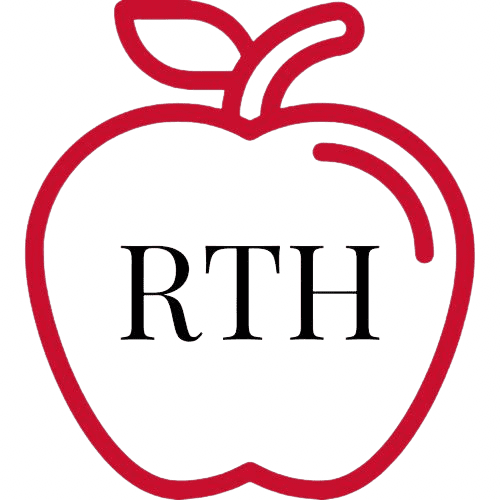Snacking must be counterproductive if you’re trying to manage your weight, right? Surely you have to be hungry to actually lose weight. Wrong!
As a nutritionist, I advocate for snacking. Snacking can in fact help you lose weight, have more energy, provide extra nutrients, and help curb your appetite.
Although snacks can be a regular and important part of a healthy diet, they can also lead to health problems. What differentiates the two scenarios is one’s snacking behaviour: what you snack on, why you snack, frequency of snacking, and how snacks fit into your overall eating plan.

Benefits –
- Provides a boost of energy if several hours pass between meals and blood glucose levels drop.
- Helps curb your appetite to prevent overeating at the next meal.
- Provides extra nutrients when choosing certain snacks like fresh fruit or nuts.
- Can help maintain adequate nutrition if one has a poor appetite but cannot eat full meals, such as due to an illness.
Down falls –
- Unwanted weight gain if portions or frequency of snacking is too much, adding excess calories.
- Too much snacking can reduce hunger at meal times or cause one to skip a meal entirely, which increases the risk of losing out on important nutrients.
- Regular intake of ultra-processed snacks that contain added salt, sugar, and fats but are low in nutrients and high in calories can increase a preference for these types of foods, leading to a change in eating behaviours and diet quality.
At RTH we believe meal planning is highly beneficial, particularly for snacking.
It’s a great idea to take the time to incorporate snack planning to ensure that snacks work for you, not against you. It can help to reflect on:
When – what hours of the day between meals might you feel hungry or tend to grab extra food?
Why – determine if you are truly hungry or eating because of an emotion (bored, stressed, tired, angry, etc.).
What – Decide which snack choices will satisfy you. A satisfying snack will alleviate hunger, be enjoyable, and help you to forget about food until your next meal! If you choose an apple when you really want salty popcorn or a creamy yoghurt, you may feel unsatisfied and want more.
How much – A snack portion should be enough to satisfy but not so much that it interferes with your appetite for a meal or adds too many calories. A general rule of thumb is to aim for about 150-250 calories per snack.
Snacking is not inherently bad for you. It can (and should) be a healthy and important part of a balanced diet when done right.
The key is to make healthy food choices and only snack when we’re truly hungry.
So go ahead and enjoy a healthy snack when you need it, without guilt or fear.




